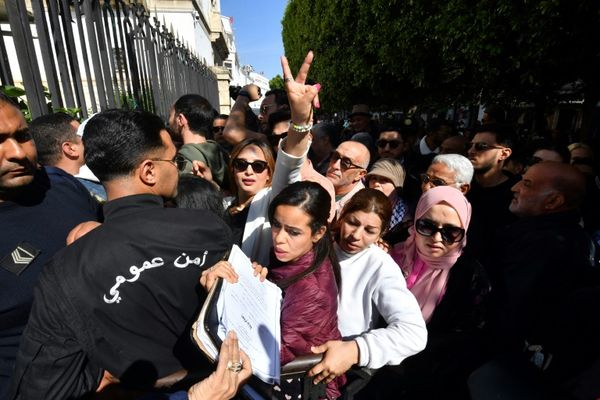The Madras High Court has directed the Ministry of Defence to ensure the existence of Internal Complaints Committee (ICC) in the Armed Forces in accordance with the mandate of the Sexual Harassment of Women at Workplace (Prevention, Prohibition and Redressal) Act of 2013.
Justice R.N. Manjula issued the direction after coming across a case of a woman flight lieutenant in the Indian Air Force (IAF) having been forced to approach Coimbatore city police to lodge a rape complaint against her colleague since she was dissatisfied with the action taken by her employer.
The judge also ordered conduct of gender sensitisation programmes for the Armed Forces personnel in order to achieve the objects of the POSH Act of 2013 and directed the High Court Registry to mark a copy of her judgement to the Defence Secretary and Union Home Secretary for follow up action.
After recording the victim’s lament that she was humiliated and made to withdraw twice the rape complaint made to Air Force Administrative College (AFAC) authorities in Coimbatore in 2021, the judge wondered: “If the women of the armed forces should not have courage to fight such violence, who else can have?”
Stating that the country had woken up to a progressive order of gender equality, Justice Manjula wrote: “In this era, it is difficult to comprehend that a victim of a sexual offence in the Armed Forces was not comfortable enough to take up her grievance and she was looked down and pressured for having got the courage to report.”
The judge also said, it was important to ensure that a victim of sexual assault does not end up suffering secondary victimisation even after the accused gets convicted. Such “hardcore reality” could be remedied only by ensuring strict compliance of the mandates of the POSH Act of 2013 in the Armed Forces, she said.
The judgement was passed while disposing of a petition filed by the Inspector of an All Women Police Station in Coimbatore against a lower court’s order handing over the custody of the accused to the IAF authorities even before the police could complete the investigation and file a charge sheet in the rape case.
Opposing the plea, Deputy Solicitor General R. Rajesh Vivekananthan, representing the AFAC Commandant, cited the Sathankulam custodial death case and told the court that the IAF authorities were not wiling to let the accused be in local police custody because of its track record of subjecting the accused to inhuman treatment.
Displeased with such submission, the judge wrote: “The tenor of the counter affidavit (filed by the AFAC Commandant) is as though it is an onset for a power wrangle. It contains some disparaging statements about the performance of the State police by taking excuses from certain isolated incidents.”
Thereafter, the judge went on to lay down the procedures to be followed in cases where the criminal courts as well as the Court Martial exercise concurrent jurisdiction. Since the Court of Inquiry was initiated first by the AFAC in the present case, the judge held that the accused could be prosecuted only before the Court Martial.







